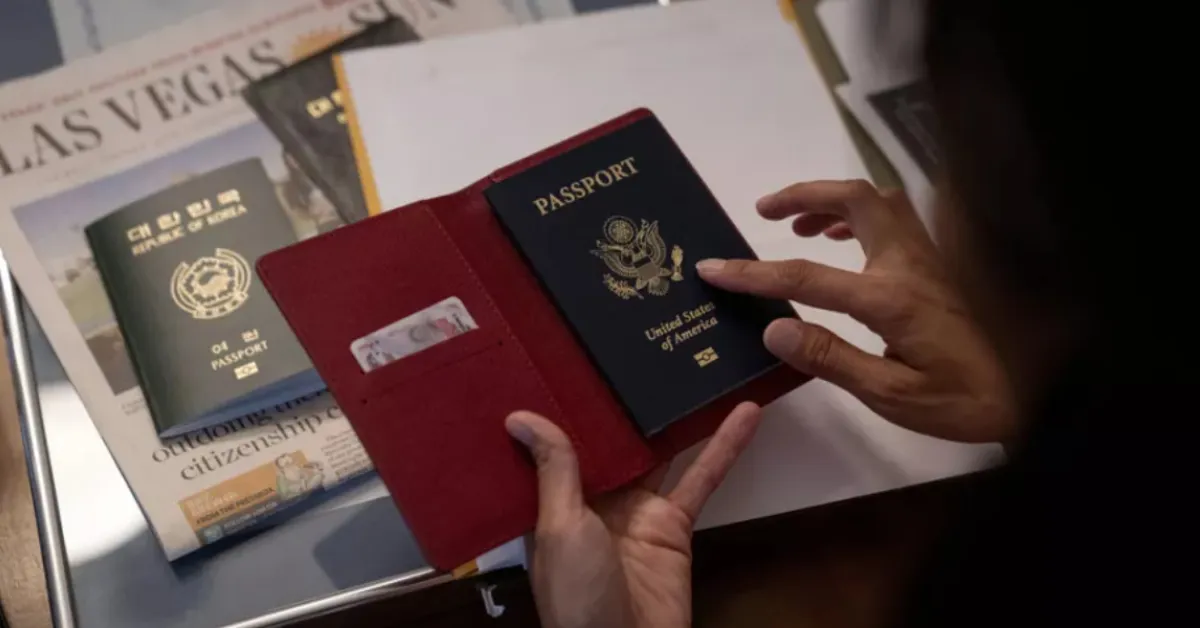US International Adoptees Face Deportation Risk Due to Citizenship Gaps

Thousands of international adoptees in the United States are living in legal limbo, facing restricted access to essential benefits and the constant threat of deportation due to a failure to formalise their citizenship.
Despite growing up believing they were US citizens, many are discovering as adults that their adoptive parents never completed the naturalisation process, leaving them vulnerable within the nation they call home. This situation is exemplified by A, who requested anonymity to avoid risking deportation. Adopted from South Korea as a child, A lived her life assuming she was a US citizen, obtaining a driver's license, attending college, and paying taxes. However, her world was upended when she applied for a passport and discovered that no documentation existed to prove her citizenship.
“I just sensed there was something wrong, and it seemed frightening,” A recounted.
The revelation exposed a critical oversight: her adoptive parents had never finalised her naturalisation. As a result, A is now deemed a noncitizen, making her ineligible for federal benefits and vulnerable to deportation to South Korea, a country she has never visited, cannot speak the language of, and has no known family. Congress attempted to address this issue with the Child Citizenship Act of 2000, which granted automatic citizenship to internationally adopted children.
However, this legislation only applied to adoptees under 18 when the law was enacted or those born after February 1983. It excluded those brought to the US on incorrect visas or whose naturalisation paperwork was incomplete. Despite repeated efforts to expand the law's scope, including reintroduced bills, the initiative has stalled in Congress. Advocates argue that the issue stems from a disconnect between federal and state roles in international adoptions. US citizenship falls under federal jurisdiction, while adoption processes are regulated at the state level, often treated as domestic matters.
This fragmentation has created systemic gaps, leaving adoptees like A vulnerable. The lack of citizenship often comes as a shock to adoptees, many of whom only learn of their precarious status when applying for a passport, seeking a Real ID, or facing legal challenges. The absence of citizenship means restricted access to college financial aid, certain government jobs, and federal benefits. Soon, it will also prevent adoptees from flying domestically without additional documentation as Real ID enforcement begins.
In some cases, these adoptees encounter dire consequences. Criminal convictions, even for minor offences, can lead to deportation. This was the fate of a Texas adoptee and father of five who, after being convicted of marijuana possession, was deported to Mexico due to incomplete adoption paperwork. For those forcibly returned to their birth countries, the transition can be harrowing. Many face homelessness, unemployment, or mental health crises in unfamiliar environments.
Phillip Clay, another South Korean adoptee, tragically took his own life after struggling to adjust following his deportation. A's journey toward securing her legal status has been fraught with delays and uncertainty. After realising her predicament, she connected with Gregory Luce, an attorney specialising in adoptee rights, in 2019. The process of clarifying her status involved protracted exchanges with government agencies over two years, a wait emblematic of the broader issue.
State-level barriers further compounded the challenge. In multiple instances, Luce’s requests for essential adoption documents were denied, further delaying progress. In 2022, A married a US citizen, presenting a potential pathway to naturalisation. However, until her adoption documents are located and processed, she remains unable to apply for permanent residency. Without a Real ID, she faces further restrictions, including an inability to travel domestically.
The plight of adoptees without citizenship has galvanised advocates to push for change. Legislative proposals to remove the age cutoff from the Child Citizenship Act have garnered bipartisan support in the past, but progress has been slow. According to Rep. Adam Smith, a long-time sponsor of such measures, the issue's entanglement with broader immigration reform has hampered legislative momentum.














Add new comment